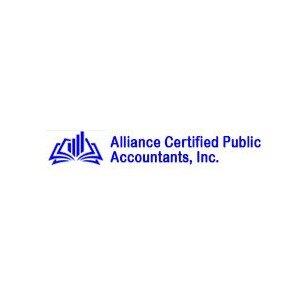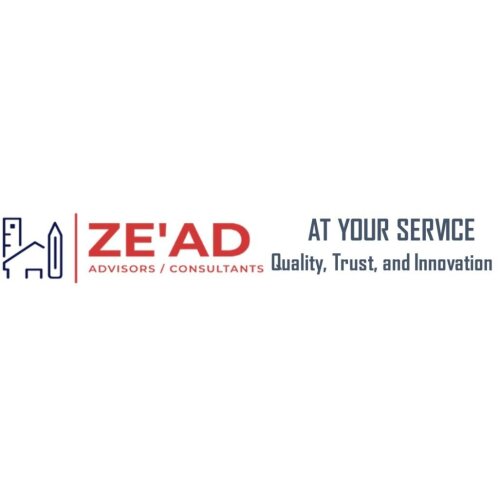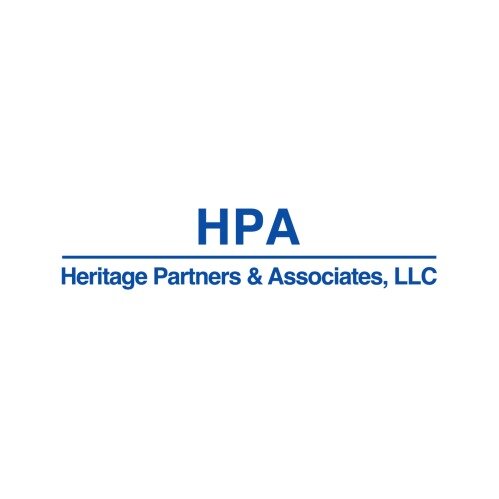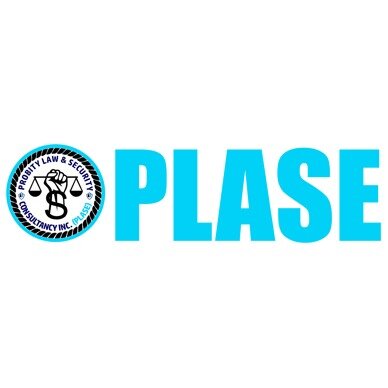Best Energy Regulatory Law Lawyers in Monrovia
Share your needs with us, get contacted by law firms.
Free. Takes 2 min.
List of the best lawyers in Monrovia, Liberia

Alliance Certified Public Accountants, Inc. (Alliance CPAs, Inc.)
15 minutes Free ConsultationAbout Energy Regulatory Law in Monrovia, Liberia
Energy Regulatory Law in Monrovia, Liberia, deals with the legal frameworks, regulations, and standards that govern the generation, transmission, distribution, and sale of energy within the city and the broader Liberian context. This body of law is designed to ensure a stable, reliable, and fair energy market, while protecting consumer interests, encouraging investment, managing environmental impacts, and aligning with the national energy goals set out by the Government of Liberia. The sector includes traditional sources like electricity and petroleum as well as growing renewable energy initiatives.
Why You May Need a Lawyer
There are various instances where individuals, businesses, and organizations in Monrovia may require expert legal support in the area of Energy Regulatory Law. Typical scenarios include:
- Applying for licenses or permits for electricity or fuel operations.
- Negotiating contracts to purchase or sell energy.
- Ensuring compliance with local regulatory authorities such as the Liberia Electricity Regulatory Commission (LERC).
- Resolving disputes between utility companies, independent power producers, or consumers.
- Advising on project finance for energy infrastructure projects.
- Interpreting tariffs, price controls, or rate adjustments implemented by regulators.
- Managing environmental compliance and community relations for energy projects.
- Navigating government energy policies and incentive programs.
Local Laws Overview
Energy Regulatory Law in Monrovia is shaped by a series of national and local legislations and regulatory guidelines. Key frameworks include:
- The Electricity Law of Liberia, which established the Liberia Electricity Regulatory Commission (LERC) to oversee the energy sector.
- Licensing requirements for electricity generation, transmission, and distribution activities.
- Consumer protection standards and mechanisms for complaint resolution.
- Tariffs and pricing structures subject to review and approval by regulatory authorities.
- Environmental compliance obligations under the Environmental Protection Agency Act.
- Renewable Energy Policy and incentive structures for sustainable project development.
- Importation and sale regulations for petroleum products and alternative fuels.
- Health, safety, and technical standards for energy infrastructure and workplaces.
Frequently Asked Questions
What is the role of the Liberia Electricity Regulatory Commission?
The LERC is responsible for licensing, regulating, and overseeing electricity sector participants, setting tariffs, ensuring service quality, and protecting consumer rights in Liberia.
Do all energy projects require government approval?
Yes, most energy projects, including construction of power plants and distribution networks, require approval, permits, or licenses from relevant authorities such as LERC and the Environmental Protection Agency.
How can I obtain a license for operating an energy business?
You must submit a formal application to the LERC, meet specific technical and financial requirements, and comply with all applicable local and national laws before a license is granted.
Are there penalties for non-compliance with energy regulations?
Yes, failure to comply can result in fines, suspension of licenses, seizure of equipment, or even prosecution, depending on the severity and nature of the infraction.
Can foreign companies invest in the Liberian energy sector?
Foreign investment is permitted, but companies must adhere to Liberia's investment laws, obtain the necessary licenses, and maintain compliance with sector-specific regulations.
How are energy prices determined in Monrovia?
Energy prices and tariffs are typically reviewed and approved by LERC to ensure fairness and reflect operational costs, market conditions, and government policy objectives.
What legal support is available for communities affected by energy projects?
Local communities can seek advice from lawyers specializing in energy and environmental law, who can assist with compensation negotiations, environmental impact assessments, and stakeholder engagement.
What rights do energy consumers have in Monrovia?
Consumers have the right to reliable service, transparent tariffs, fair dispute resolution, and to file complaints about poor service or unfair billing.
Are renewable energy projects regulated differently?
Renewable energy projects are subject to general energy regulations and may also benefit from special incentives or simplified licensing designed to promote sustainable development.
Where should legal disputes in the energy sector be resolved?
Disputes may be resolved through administrative appeals, mediation facilitated by LERC, or in the Liberian courts, depending on the matter's specifics and contractual agreements.
Additional Resources
Here are useful resources for individuals seeking guidance or involved in energy matters in Monrovia:
- Liberia Electricity Regulatory Commission (LERC)
- Ministry of Mines and Energy, Liberia
- Environmental Protection Agency of Liberia
- Liberia Petroleum Refining Company
- Mano River Union for regional energy cooperation
- Relevant legal and business chambers, such as the Liberia Chamber of Commerce
- Non-governmental organizations and local legal clinics specializing in energy and environmental law
Next Steps
If you require legal assistance in Energy Regulatory Law in Monrovia, start by gathering all relevant documents and information about your situation. Consider the specific issue you are facing, such as licensing, contracts, compliance, or disputes. Consult a qualified lawyer or legal firm with expertise in energy law, who can help you understand your rights, obligations, and the best way to proceed. Contact the appropriate government regulator for initial guidance, but always seek independent legal advice before making major commitments or investments in the sector.
Lawzana helps you find the best lawyers and law firms in Monrovia through a curated and pre-screened list of qualified legal professionals. Our platform offers rankings and detailed profiles of attorneys and law firms, allowing you to compare based on practice areas, including Energy Regulatory Law, experience, and client feedback.
Each profile includes a description of the firm's areas of practice, client reviews, team members and partners, year of establishment, spoken languages, office locations, contact information, social media presence, and any published articles or resources. Most firms on our platform speak English and are experienced in both local and international legal matters.
Get a quote from top-rated law firms in Monrovia, Liberia — quickly, securely, and without unnecessary hassle.
Disclaimer:
The information provided on this page is for general informational purposes only and does not constitute legal advice. While we strive to ensure the accuracy and relevance of the content, legal information may change over time, and interpretations of the law can vary. You should always consult with a qualified legal professional for advice specific to your situation.
We disclaim all liability for actions taken or not taken based on the content of this page. If you believe any information is incorrect or outdated, please contact us, and we will review and update it where appropriate.










